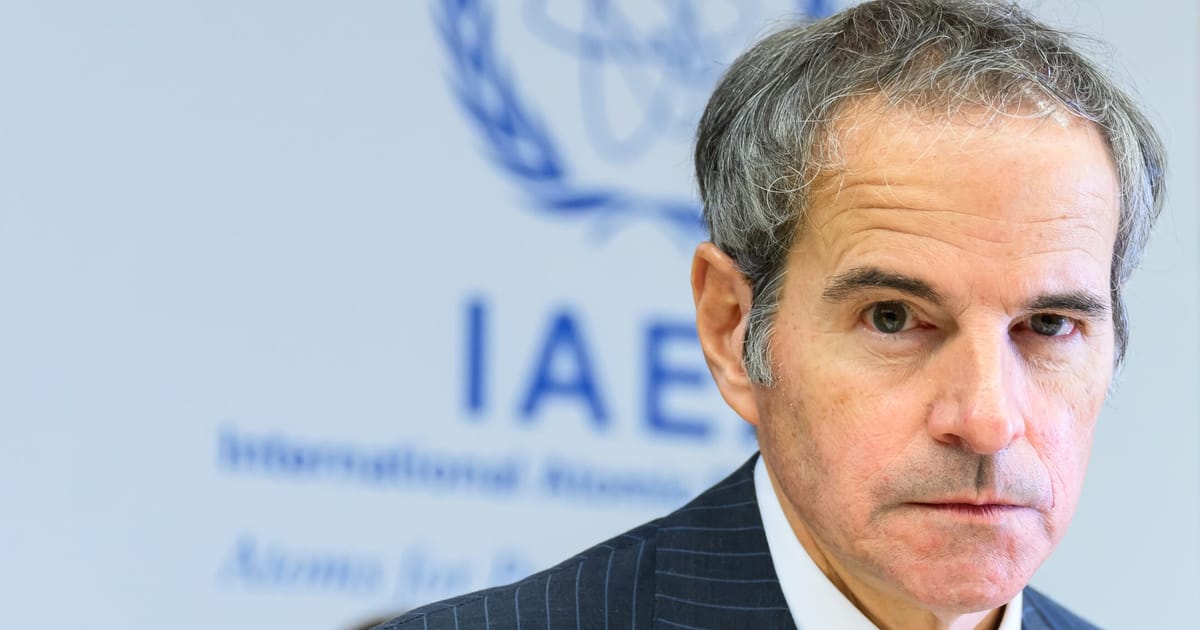

The intricate tapestry of the Middle East continues to unravel as several pivotal events unfold, marked by heightened tensions, humanitarian challenges, and complex diplomatic engagements. In recent days, the region has witnessed notable developments that significantly impact both regional and global dynamics.
In Iran, a significant decision has been made with potential ramifications for international nuclear diplomacy. The Iranian government has reportedly restricted access to its nuclear facilities by imposing a ban on International Atomic Energy Agency (IAEA) Chief, Rafael Grossi, and prohibiting surveillance cameras from monitoring its sensitive sites. This move, according to media reports, followed claims by Tehran that Israel had obtained “sensitive facility data,” which raises concerns about the confidentiality and security of Iran’s nuclear information. The decision comes at a time when nuclear negotiations and transparency measures are of paramount importance to global peace and security.
Meanwhile, in the United States, political discourse around Iran continues with significant developments in the Senate. A resolution put forth by Senator Tim Kaine sought to limit the powers of former President Donald Trump with respect to military action against Iran. However, the Senate rejected this proposal, with voting largely delineated along party lines. The decision underscores the ongoing debate in U.S. politics regarding the balance of power in military decision-making and the complex dynamics of international policy with Iran.
Turning to Gaza, the humanitarian situation remains dire amid ongoing conflict. Airstrikes launched by Israeli forces have resulted in the deaths of more than 60 individuals, as reported by health officials. The strikes occurred overnight and into the early hours of Saturday, impacting areas near a displacement shelter in Gaza City. While these events intensify the immediate humanitarian crisis, there remains a glimmer of hope for a ceasefire, though this peace remains elusive. The continuation of airstrikes and the loss of lives illustrate the severe conditions faced by the people of Gaza, who are seeking refuge and safety in an increasingly unstable region.
The international response to the crisis in Gaza includes pointed criticism from prominent figures and organizations. The Secretary-General of the United Nations, António Guterres, has voiced stark concerns over the US-backed aid system in Gaza. He lamented that the current distribution approach may be contributing to fatalities, as individuals risk their lives to procure essential supplies. Médecins Sans Frontières (MSF) has echoed these sentiments, categorizing the scheme as “slaughter masquerading as humanitarian aid.” The narrative emerging from witnesses and health officials portrays a harrowing picture of desperate people striving for sustenance in a besieged land. It is reported that over 500 people have perished, with several thousand wounded, in their pursuit of food, underscoring the urgency for reconsideration and restructuring of aid mechanisms.
The interplay of these events presents a complex scenario requiring concerted efforts towards peaceful solutions and diplomatic resolutions. As the international community observes these developments, calls for engaged dialogue and collaborative problem-solving become ever more critical. With lives at risk and geopolitical stakes high, efforts to bridge divides and foster enduring peace remain as crucial as ever.
Source: {link}
